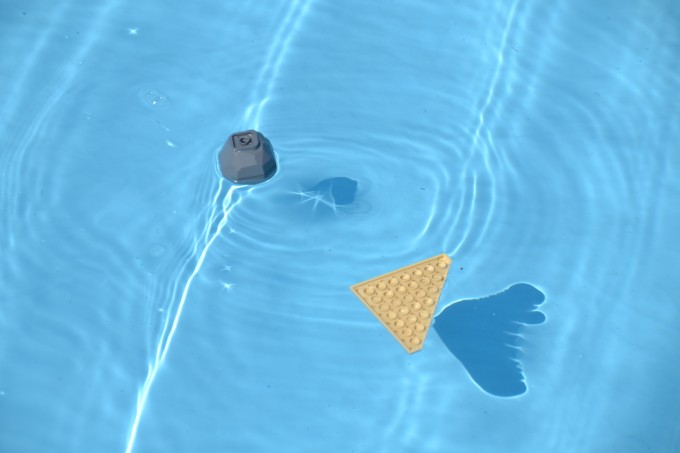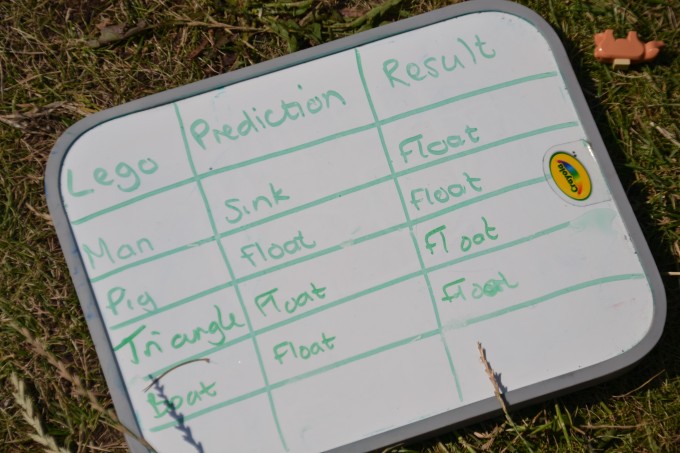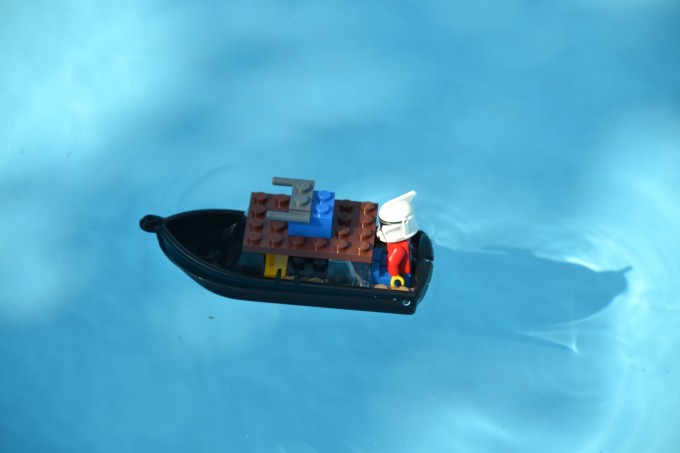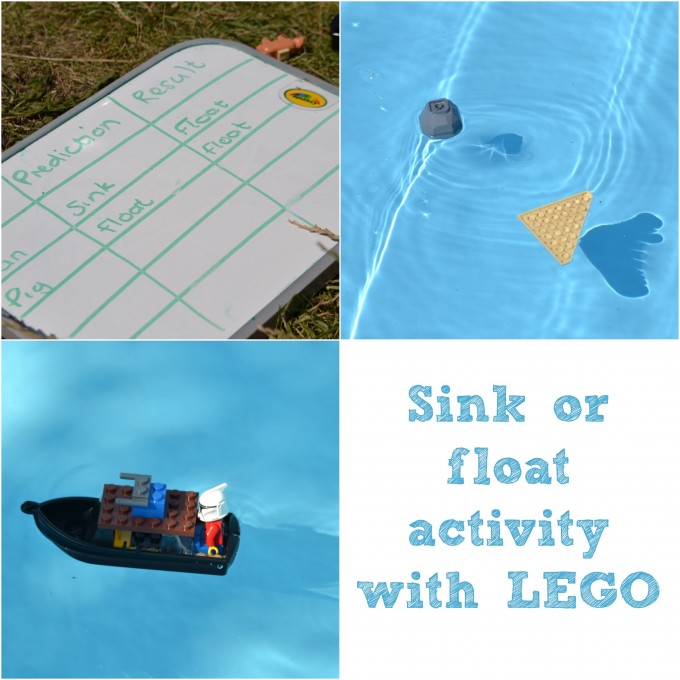Our fourth LEGO science post for the summer is super simple and great fun for kids of all ages. All you need to do is collect different bits of LEGO, design a table to show your results and try and hypothesise which will float and which will sink.
Test your LEGO and see if you were right.
Everything we tested floated, is this the case for your LEGO?
What happens if you push a piece under the water a little bit. Does it shoot back up or sink?
The Science bit.
Whether an object floats or sinks depends on its density. Density is how tightly packed the material inside an object is. Just because something is heavy does not mean it will sink. For example, ships are very heavy but not very dense so they float.
Follow us on Facebook, Twitter or Pinterest to stay up to date with our latest experiments
More LEGO Science Activities
Related posts
Don’t forget Twinkl have some great Science printables to help with your LEGO Science.
Last Updated on January 19, 2015 by Emma Vanstone





Leave a Reply